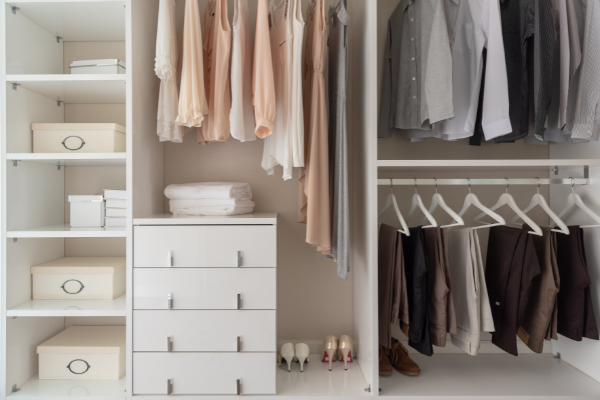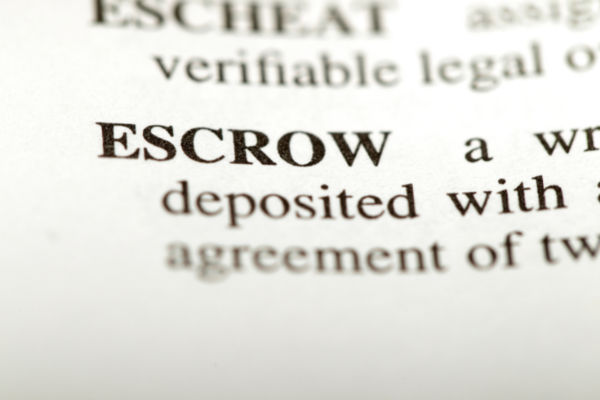Keeping A Closet Organized: The Top Tips
 Homeowners need to make sure they maximize every square foot of their home. This includes the closet. Many people get frustrated when they look at their closets because they feel like they cannot find what they are looking for. Anyone who is struggling to keep their closet organizers should take a look at a few important points below.
Homeowners need to make sure they maximize every square foot of their home. This includes the closet. Many people get frustrated when they look at their closets because they feel like they cannot find what they are looking for. Anyone who is struggling to keep their closet organizers should take a look at a few important points below.
Remove Items That Are No Longer Being Used
The first step in creating more space in a closet is getting rid of items that are no longer being used. First, take a look at all the items on the hangers. Then, see if it has been worn during the past year. If not, it is time to get rid of it. In addition, it might be helpful to remove clothing items that are not in season. Then, store them until the weather changes again. Creating more space in the closet can make it easier to keep the closet organized.
Check The Quality Of The Hangers
Next, take a look at the hangers. It is critical to use the right hangers because the wrong hangers could damage the clothes. Even though it is tempting to keep clothes on hangers that came from the store, they could stretch the clothes out over time, ruining the appearance. Try to use hangers that have pads on them. These softer hangers will not leave impressions on the clothes, extending their lifespan.
Create More Storage In The Closet
Finally, remember that not everything has to go on a hanger. There are some items that can be folded or tucked away in drawers. That is why it might be helpful to invest in alternative storage options in the closet. This could include cubbies that hang from the bottom of the shelf. Or, it might be nice to install drawers at the bottom of the closet. This could be another way to create more storage space and keep the closet organized.
Improve Closet Organization
Ultimately, there are plenty of ways to keep a closet organized. By removing items that are not being used and increasing storage space in the closet, it might be easier to find what is needed. This is a great way to keep the closet clean.

 Last week’s scheduled economic reporting included readings on consumer prices, retail sales, and the University of Michigan’s preliminary Consumer Sentiment Index. Weekly readings on mortgage rates and jobless claims were also released.
Last week’s scheduled economic reporting included readings on consumer prices, retail sales, and the University of Michigan’s preliminary Consumer Sentiment Index. Weekly readings on mortgage rates and jobless claims were also released. When someone is looking at purchasing a home, they usually focus on the purchase price of the home and the potential monthly payment. At the same time, there are other costs that need to be included as well. This includes home insurance and real estate taxes.
When someone is looking at purchasing a home, they usually focus on the purchase price of the home and the potential monthly payment. At the same time, there are other costs that need to be included as well. This includes home insurance and real estate taxes.